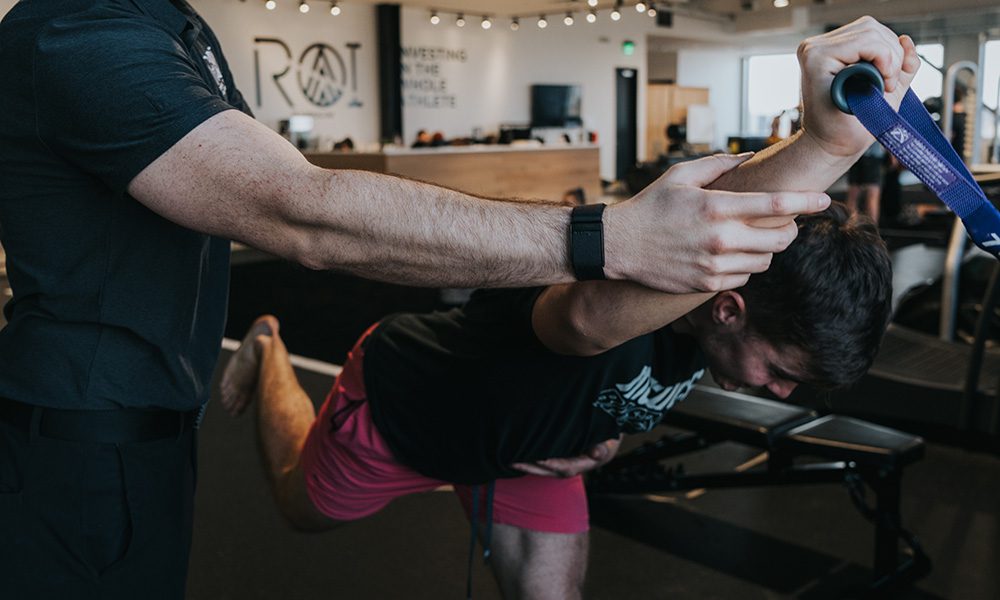Whether you’re an avid runner, a skier, a baseball player, a weightlifter, or just an all-around active person, chances are you’ve dealt with a sports-related injury. Oftentimes, surgery and physical therapy are steps to take in order to help with rehabilitation. After orthopedic surgery, patients usually do some post-operative physical therapy. For those facing an injury and an impending surgery, there’s another option that can help with healing: Pre-operative physical therapy. Also known as “prehab,” this kind of PT happens before surgery to help prep a patient for both the procedure and the recovery. Pre-op PT is a pre-emptive way to help prepare for surgery and to work your way back to peak performance levels. Read on for 7 things you should know about pre-op physical therapy:
- Ease the pain. Doing a bit of pre-op work can help to reduce post-op pain for patients. It can also help to reduce swelling and lessen muscle atrophy. Pain is powerful; it can limit function, impair sleep, and pain can make it difficult to do exercises after an operation. Even the psychological stress of pain can hamper a patient’s healing process. Prehab work can help to lighten that stressful burden. Overall, going into surgery with some tailored, physical preparation can help to ease the discomfort after an operation.
- Mentally prepare. Working through pre-op therapy is not just a physical exercise. Mental pre-work like taking time to go over expectations after surgery and throughout recovery can help to alleviate anxiety around having a surgical procedure. Pre-op PT also helps a patient to familiarize themselves with post-op exercises or assistive devices ahead of time. Knowing what to expect is nice. This kind of peace of mind can be invaluable for healing.
- Get a head start. Patients can usually begin pre-op therapy around 6 to 8 weeks prior to surgery. Working ahead of time can help to improve the overall outcome of a patient’s surgery. Preparing your home for surgery is part of the process so that any modifications can be taken care of ahead of time. This kind of prep work helps with independence after surgery. Learning how to use any assistive devices you many need—like crutches, a walker, or a cane—can help with safety and mobility post-operation. In addition, pre-op work can help to prevent future injury.
- Find the right fit. Clinicians can design a personally tailored physical therapy program that meets a patient’s specific needs. Pre-op exercises can help to increase strength, help with balance, restore function, improve stability, enhance range of motion, and more. Having a customized PT plan can help a patient to be more physically ready for an optimal surgical outcome.
- Use your brain. Neuroplasticity of the brain is high after an injury, making it more adaptable and malleable. Prehab can take advantage of this. Teaching your brain is just as important as teaching your body to use muscles and recreate movement patterns during pre-op exercises. Physical work during prehab helps your brain to work with your cardiovascular, pulmonary, endocrine, integumentary, nervous, and musculoskeletal systems to interact and move your body. All of this work done by the brain can help to decrease the chances of dysfunction after surgery.
- Employ a team. ROI has a team of clinicians who are experienced with all kinds of prehab. From ACL to meniscus, rotator cuffs to Achilles tears, the experts at ROI have worked with a wide array of injuries. This knowledge and experience gets passed on to patients. Working with the team at ROI means you will get a holistic, personalized approach, and you’ll get to use top notch technology as you pre-habilitate.
- Frontload with flexibility and endurance. While prehab will place focus on your specific surgery site, this is also an opportunity to build strength in your core and other areas in order to prepare for surgery. Working ahead of time can make you stronger and healthier for your operation. Working to enhance flexibility of muscles and tendons prior to an operation can increase a patient’s ability to adjust and adapt afterwards.
Are you getting ready for surgery? Help accelerate your recovery and alleviate discomfort by beginning a pre-op physical therapy program. Physical therapists can help you to prepare your mind and body for an upcoming procedure. Safety, strength, and healing can boost your recovery. ROI can work with you to get a head start to healing. Reach out to ROI to learn more about pre-op PT.

